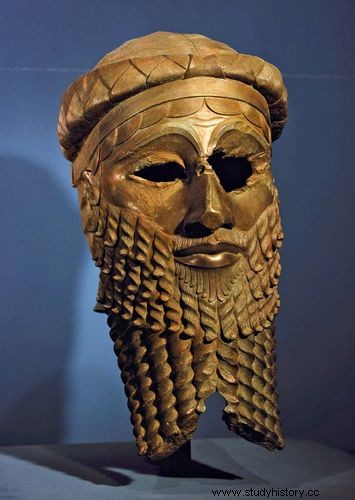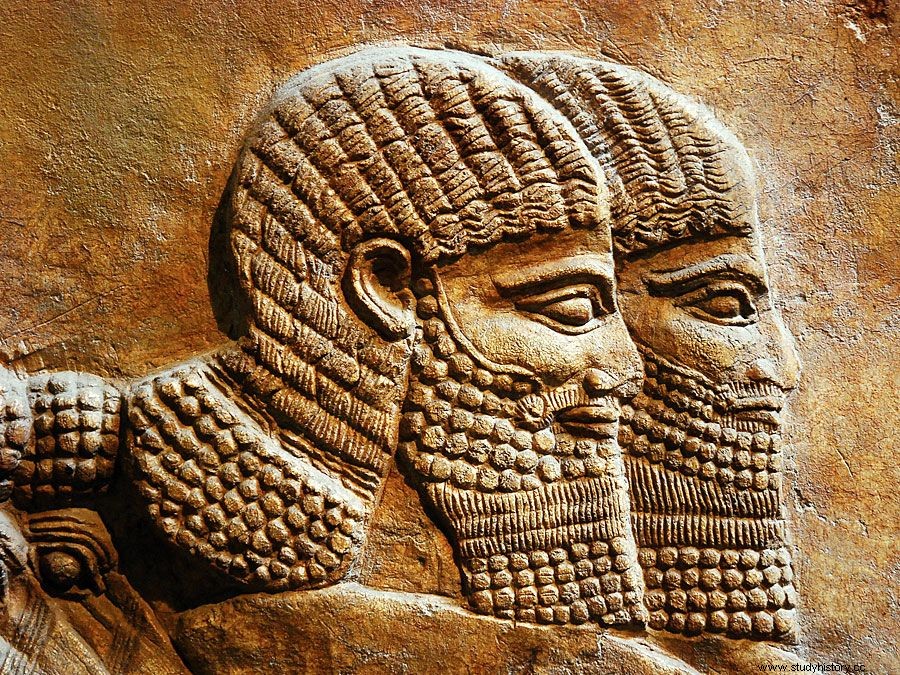Akkad , ancient region in today's central Iraq . Akkad was the northern (or northwestern) division of ancient Babylonia. The region was roughly in the area where the Tigris and Euphrates rivers ( see Tigris-Euphrates ) and their northern boundary extended beyond the boundaries of the modern cities of Al-Fallūjah and Out of Baghdad . The early inhabitants of this region were predominantly Semitic, and their language is called Akkadian. To the south of the Akkad region Sumer , the southern (or southeastern) division of the old Babylonia inhabited by a non-Semitic people known as the Sumerians.

 Britannica Quiz The Middle East:Fact or Fiction? Is the literacy rate very high in Afghanistan? Does Yemen take its name from the Arabic word "northern"? Sort the facts in this quiz about Syria, Iraq and other Middle Eastern countries.
Britannica Quiz The Middle East:Fact or Fiction? Is the literacy rate very high in Afghanistan? Does Yemen take its name from the Arabic word "northern"? Sort the facts in this quiz about Syria, Iraq and other Middle Eastern countries. The name Akkad comes from the city of Agade, founded by the Semitic conqueror Sargon at 2300 v . Sargon united the various city-states in the region and expanded his dominion to one Majority Mesopotamia . After the fall of the Sargon Dynasty at 2150 v . Chr . Was the central Iraqi region of a state rules , composed of Sumerians and Akkadians.
Known among the kings of Akkad, their Semitic language as Akkadian became a literary language associated with the wedge-shaped writing system. Akkadian is the oldest remaining Semitic dialect .
